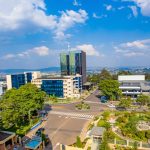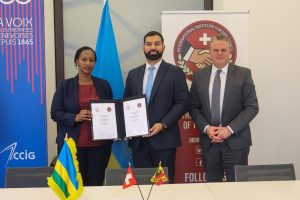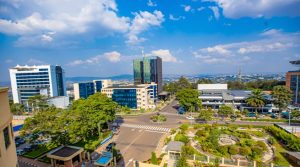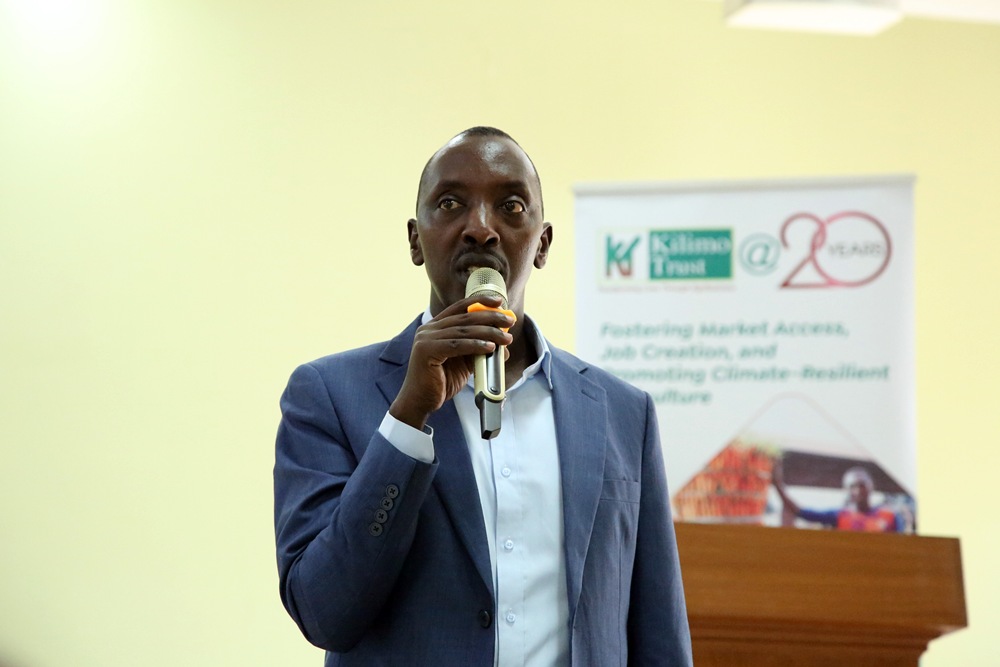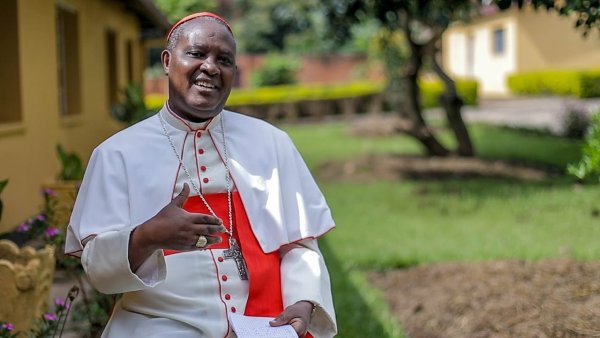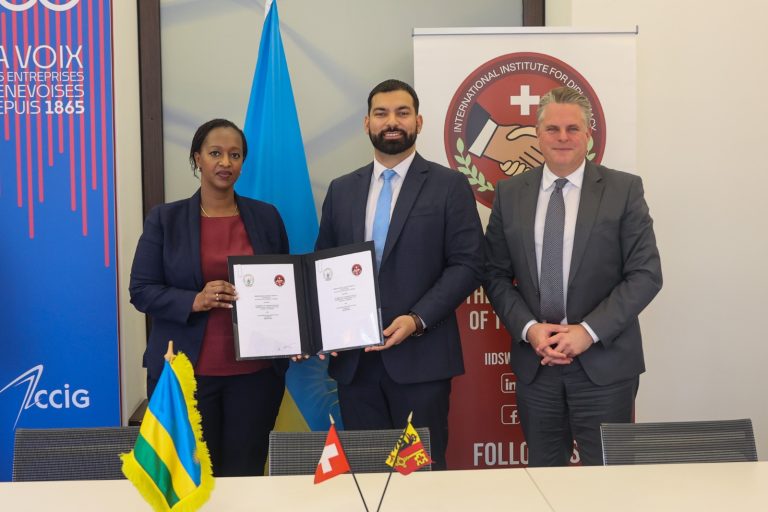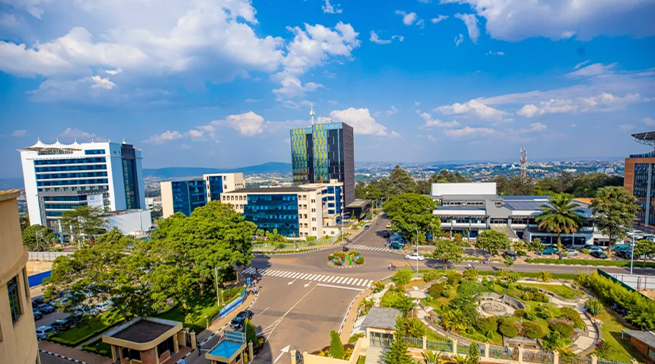In a powerful reflection marking two decades of impactful work, Andrew Gashayija, Team Leader of Kilimo Trust Rwanda, outlined the organization’s significant contributions to agriculture, youth employment, and climate resilience in Rwanda. Gashayija emphasized that the core mission has been “fostering market access, creating jobs, and promoting climate-resilient agriculture”—goals that have already transformed thousands of lives across the country.
Over the past twenty years, Kilimo Trust’s initiatives have directly benefited around 350 smallholder farmers. The organization has supported more than 200 emerging businesses and successfully skills trained over 2,000 youth, resulting in the creation of nearly 10,000 jobs. “Our work in Rwanda is about building a resilient and inclusive agricultural sector that can withstand climate shocks and provide sustainable livelihoods,” Gashayija stated during a recent forum.
During an interactive session with members of the media, Gashayija engaged participants in a discussion about the food system—a concept vital to understanding agricultural development. “A food system is everything from seed to farm, to harvest, storage, processing, and finally to the consumer’s table,” he explained. “It involves many players, including farmers, transporters, processors, retailers, and consumers, all working together as part of a complex ecosystem.” This holistic approach is central to achieving sustainability and resilience.
Using concrete examples from Rwanda, Gashayija highlighted the major challenges facing local farmers. “Between 15% and 30% of produce like maize, beans, and tomatoes is lost before it even reaches the market,” he said. “This is due to inadequate storage facilities, poor transportation, and limited processing capacity.” For example, tomato farmers in Goma district suffer losses of up to 30%, or around 10 tons of produce per season, because of spoilage during transit. “High humidity and heat accelerate this spoilage, forcing farmers to sell at lower prices or discard their surplus,” he added. “This not only impacts their income but also discourages them from expanding their cultivation.”
To address these issues, Kilimo Trust has partnered with the government and local communities to implement practical solutions. “We’ve supported farmers to build zero-energy coolers and simple drying sheds,” Gashayija explained. In one notable example from Musanze, a cooperative producing onions and garlic was losing 30% of its harvest due to poor drying and storage. “After constructing a drying shed that takes only 45 days to build, these farmers now earn around 3.5 million Rwandan francs annually from drying services. It’s a small intervention that has made a huge difference,” he emphasized. “It shows that targeted infrastructure can generate social and economic benefits in a very short time.”
Gashayija called on Journalists to help amplify these success stories through media and partnerships. “We need to tell these stories better, to inspire more collaboration and participation,” he urged. Recognizing climate change as a major obstacle, he highlighted ongoing efforts to equip farmers and youth with climate-smart agricultural practices. “We are training young people in greenhouse farming, irrigation technologies, and water conservation techniques to help them adapt to unpredictable weather and changing seasons,” he said.
He also underscored the importance of engaging Rwanda’s youth, pointing out that roughly 60% of the population—about 7.8 million people—are under 25. “This demographic represents a huge opportunity for sustainable growth,” Gashayija affirmed. “Investing in their skills and creating employment opportunities in agriculture and food processing will shape the future of Rwanda’s food security.” Kilimo Trust’s programs include microbiology, food safety standards, and processing techniques, ensuring youth produce safe, high-quality food that meets both national and international standards.
Concluding his remarks, Gashayija invited media to collaborate more closely with Kilimo Trust. “Tell us what you need to help tell these stories and make a bigger impact,” he said. “Together, we can build a resilient, inclusive, and sustainable food system that benefits everyone, especially our young farmers and entrepreneurs.”
His message resonated clearly: partnership, innovation, and community involvement are key to transforming Rwanda’s entire agricultural ecosystem. As Kilimo Trust continues its journey, the outlook for East Africa’s food security and youth empowerment remains optimistic, rooted in shared efforts and forward-looking strategies.


